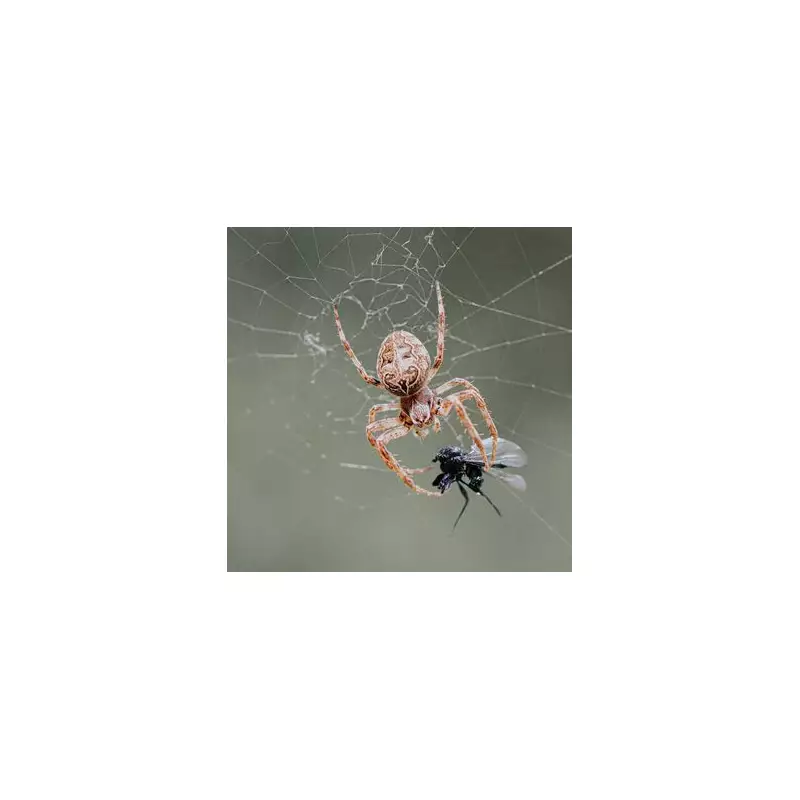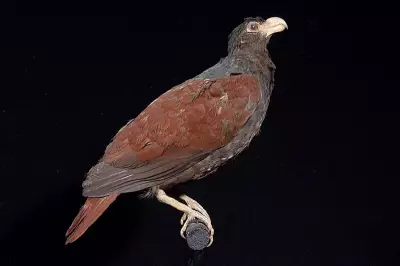
Autumn is upon us, and with it comes an annual natural phenomenon that sends shivers down many spines – spider mating season. If you've noticed more eight-legged visitors in your home recently, you're not alone.
Why Are Spiders Invading Our Homes?
According to wildlife experts, male spiders become particularly active during September and October as they search for mates. The cooler outdoor temperatures drive them indoors where they're more likely to encounter female spiders who typically remain in one place.
The Science Behind the Invasion
This seasonal spider surge is completely natural. Male spiders abandon their webs and wander in search of females, often entering homes through small cracks and gaps. Their increased visibility during this period makes it seem like there's a sudden spider population boom, when in reality they're just more active and noticeable.
Common UK House Spiders to Look Out For
- Giant House Spider – One of the fastest spiders in the world, capable of reaching speeds up to 0.5 metres per second
- Cardinal Spider – Named after Cardinal Wolsey who was reportedly terrified of them at Hampton Court
- Zebra Jumping Spider – A smaller species known for its distinctive black and white stripes
How to Humanely Deal With Unwanted Spider Guests
Rather than reaching for the vacuum cleaner or newspaper, wildlife experts recommend these humane approaches:
- Use a glass and piece of card to safely capture and release spiders outside
- Keep your home tidy and vacuum regularly to remove webs and discourage spiders
- Seal cracks around windows and doors to prevent entry
- Consider planting mint or using citrus scents as natural deterrents
Remember, spiders play a crucial role in controlling other insect populations in our homes and gardens. While they might give some people the creeps, they're generally harmless to humans and help keep more troublesome pests at bay.





